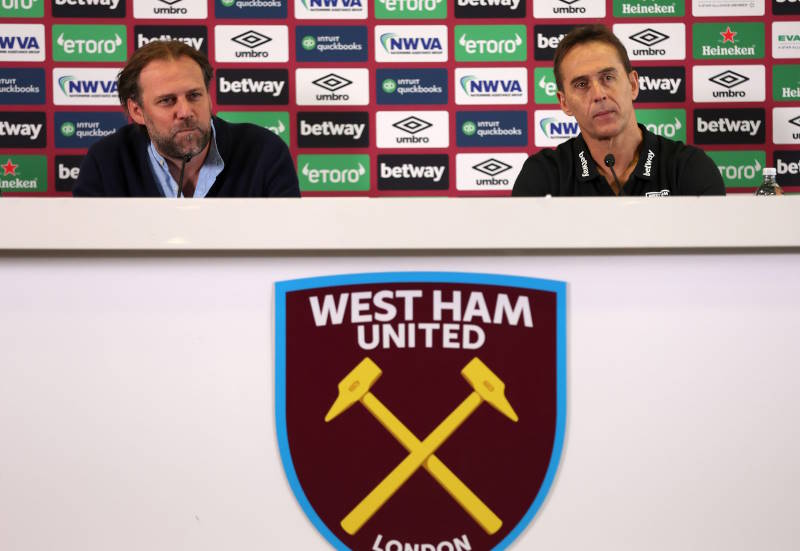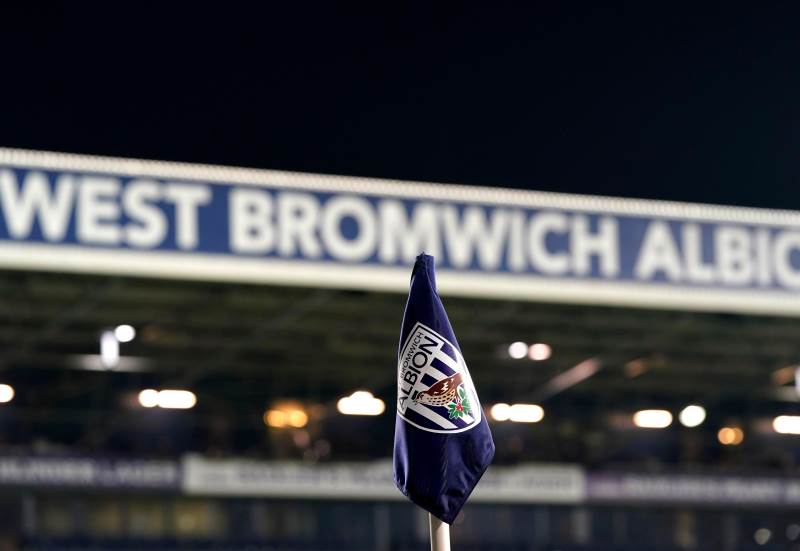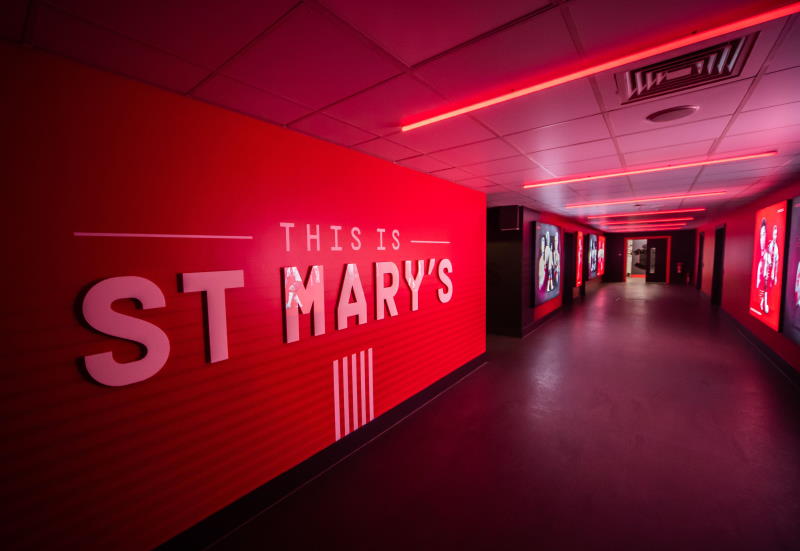Ben Somerford
Wednesday (7/5/08) saw the penultimate round of fixtures in the group stage of the AFC Champions League.
For the two Australian clubs competing, Melbourne Victory and Adelaide United, there was an interesting paradox in their respective fixtures.
Melbourne won the right to compete in the Champions League when they finished top of the A-League regular season table in 2007, while Adelaide qualified as runners-up, after being thrashed 6-0 by Melbourne in the 2007 Grand Final.
So with that in mind, one would expect Melbourne to be fairing a little better than Adelaide in their Asian journey. But that is proving not to be the case, in fact, it is far from the case.
On Wednesday evening, Melbourne played out a 1-1 draw with Korean side Chunnam Dragons. Before the match, Melbourne knew all they had to play for was pride as they had already been mathematically eliminated from the competition following a disappointing campaign.
Adelaide on the other hand, defeated K-League champions Pohang Steelers 1-0, to cement themselves in the top position of their group. United’s closest rivals are Chinese side Changchun Yatai, who are two points behind them, and who they also happen to face in their final group match in China.
Adelaide have got themselves in a position where they control their fate whereas Melbourne are just simply playing for pride.
But there is more to it. And it is an interesting point to consider, that this is representative of the Australian integration into Asian football since the FFA (Football Federation Australia) was accepted into the AFC.
The first time A-League clubs were admitted into the AFC Champions League was last year. And it was Adelaide, along with inaugural A-League champions Sydney FC, who became the first two Australian sides who competed in the competition. It was going into the unknown and there were uncertain expectations. Both sides were very competitive but ultimately they failed to progress past the group phase.
It was a similar situation to when Australia’s national team, the Socceroos, competed in their first AFC tournament, the Asian Cup in 2007. The nation might have had expectations that the Socceroos would win it following their World Cup journey in 2006, but it was a totally different scenario. It too was like going into the unknown, against different opponents and in totally different conditions.
The Socceroos didn’t win the Asian Cup, in fact they scraped through their group and then were subsequently knocked out at the quarter-final stage by Japan.
The Socceroos would have learnt many lessons from this, and already their 2010 World Cup qualifying campaign has started much more positively. This is where the similarities lie with the AFC Champions League.
Adelaide too after experiencing disappointment at their initial foray into Asia seem to have learnt many lessons.
It shouldn’t be understated that the AFC Champions League is something totally different, not only does it consist of different opponents and weather conditions but also often in totally foreign cities, with alien languages and cultures. Seemingly insignificant things like which hotel to house the team in become bigger issues.
Now with one away trip to go, Adelaide United have an opportunity to do what no other A-League club has done before, and all they need to do is simply avoid defeat. Already Adelaide coach Aurelio Vidmar has said his team will attack despite only needing a draw from the match. Perhaps he’s learnt from the experiences of the past how to handle this situation, he seems to be saying the right things. But perhaps not because after all, this is the AFC Champions League and it is still ‘the unknown’ in Australia.
Lucky for us we will find out on May 21st.













